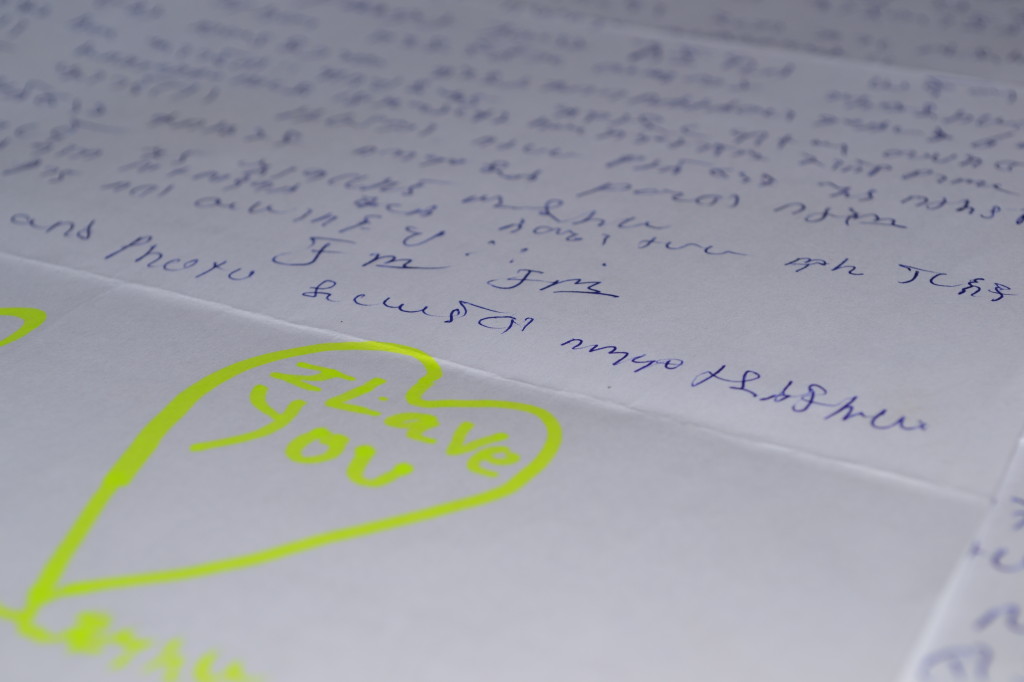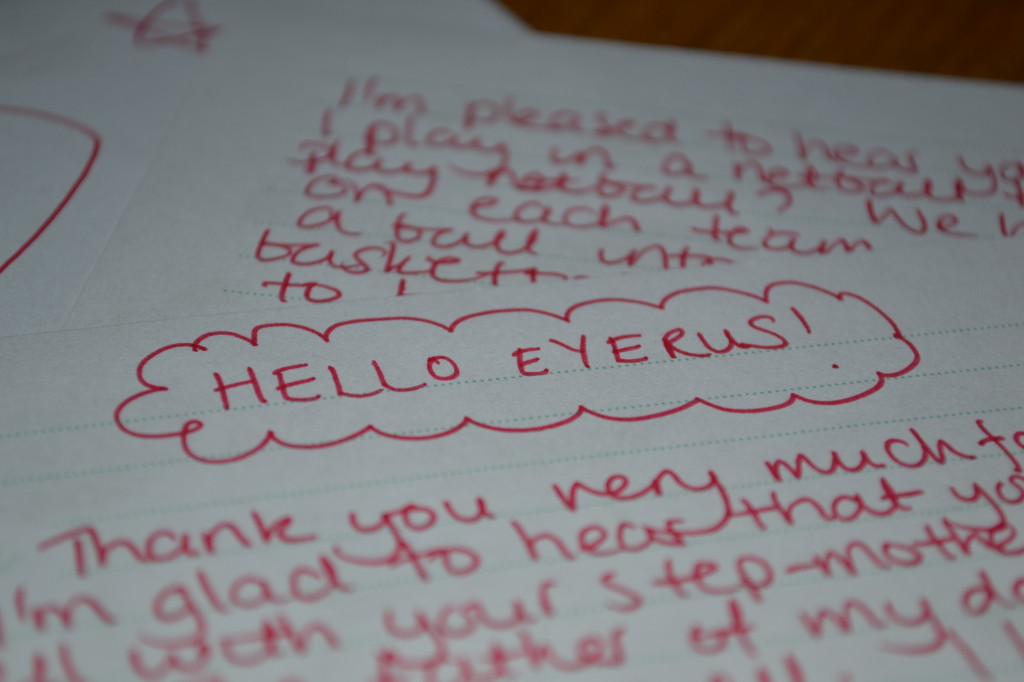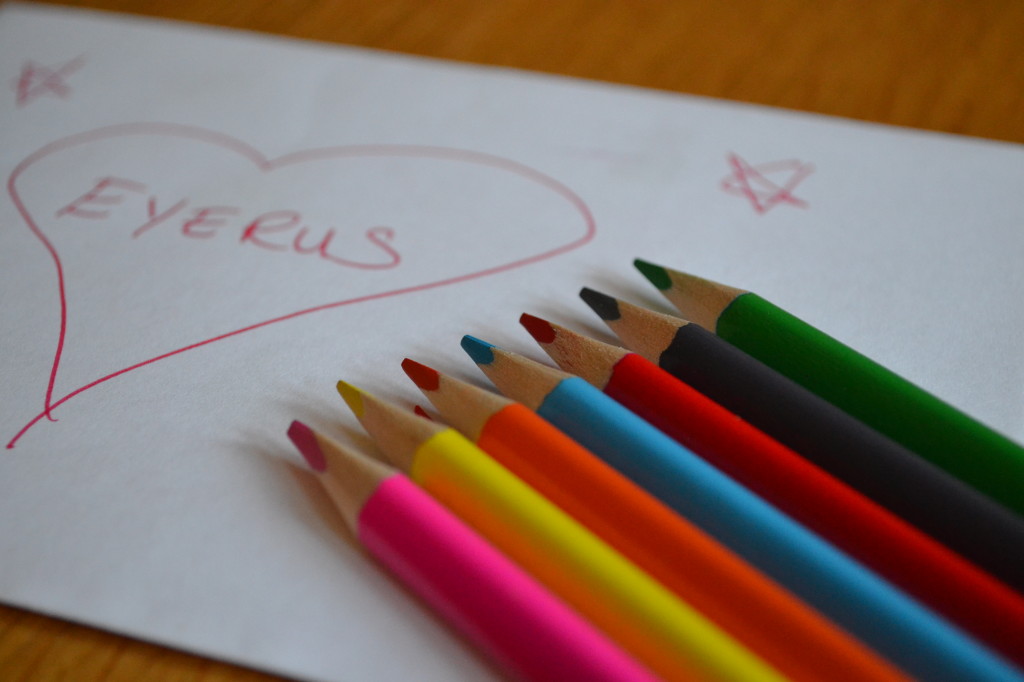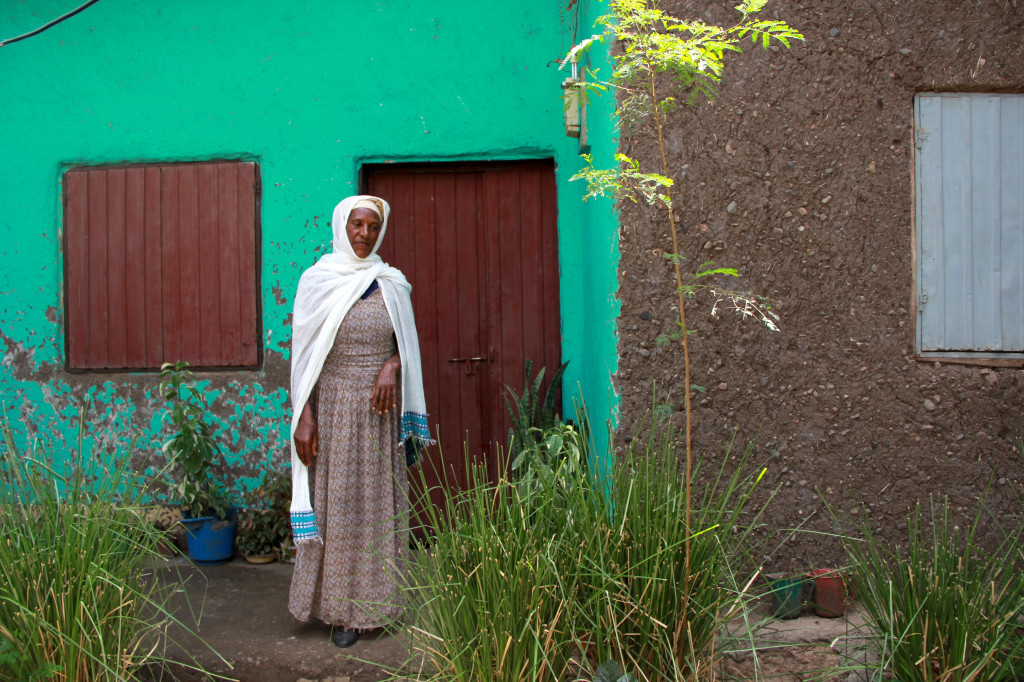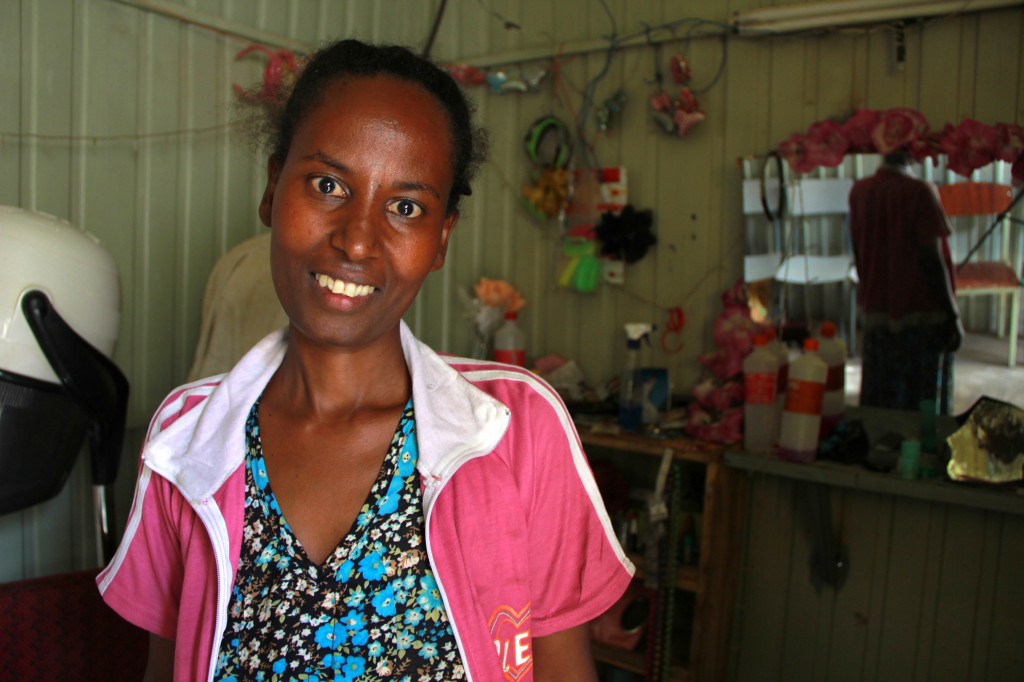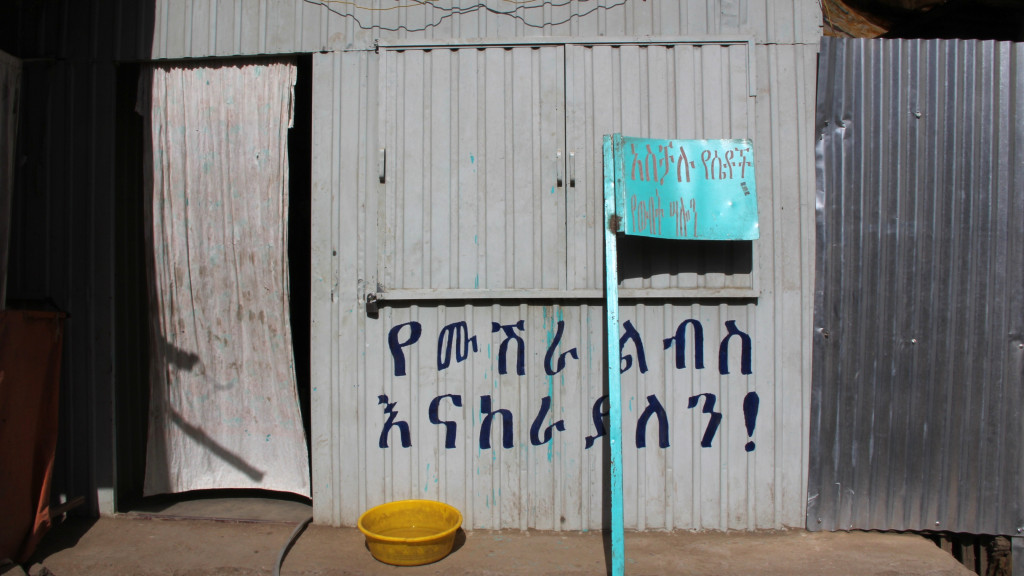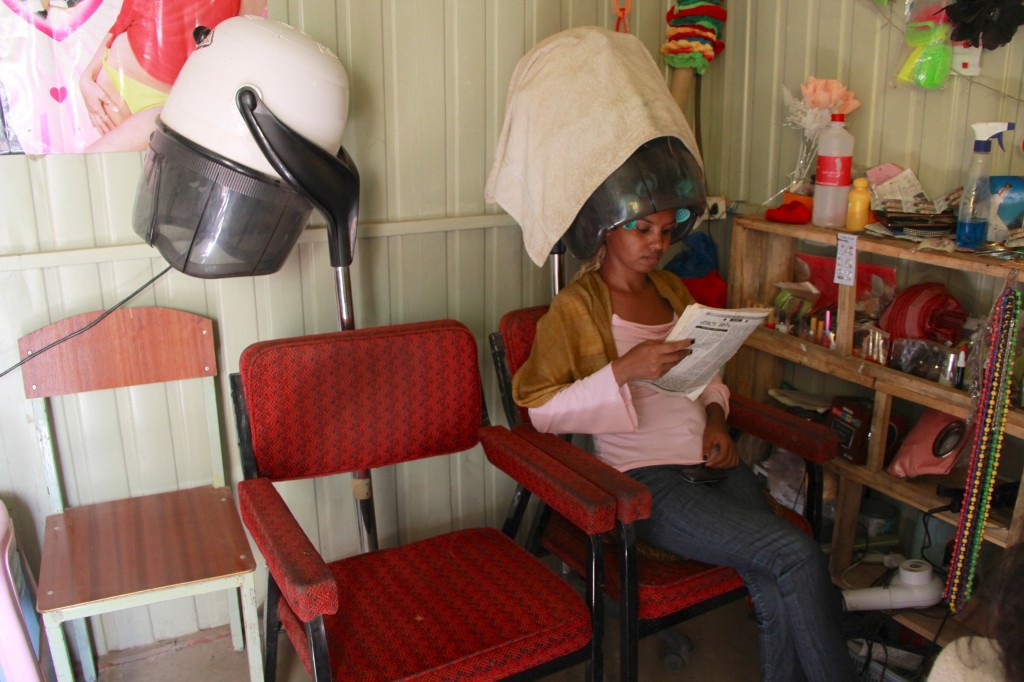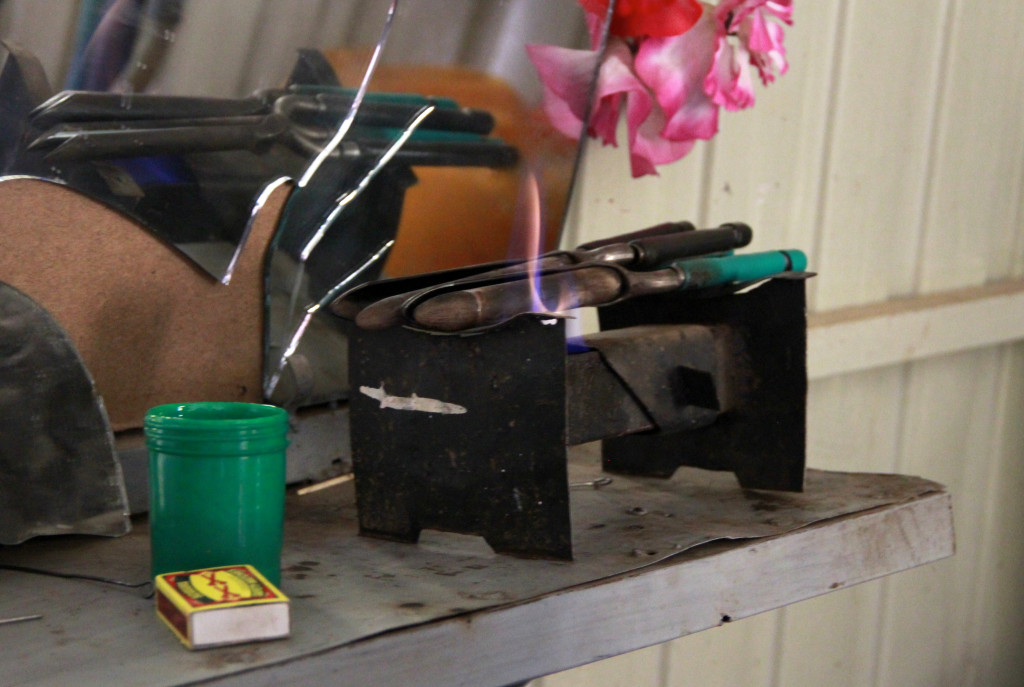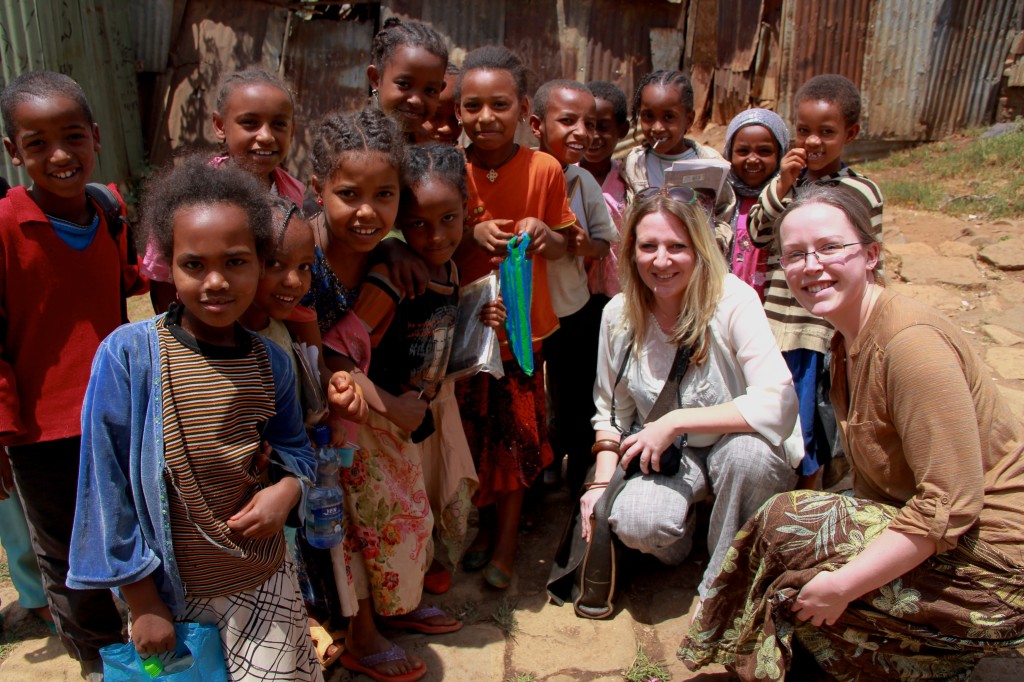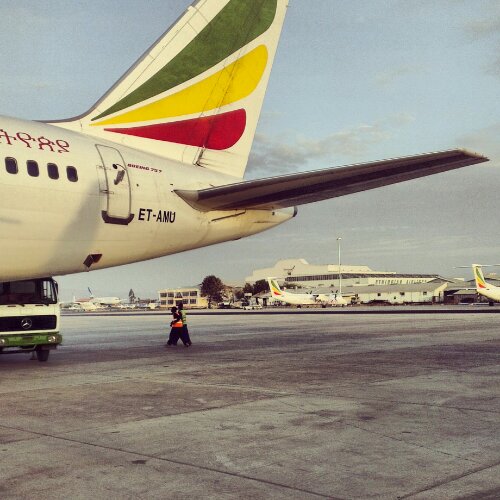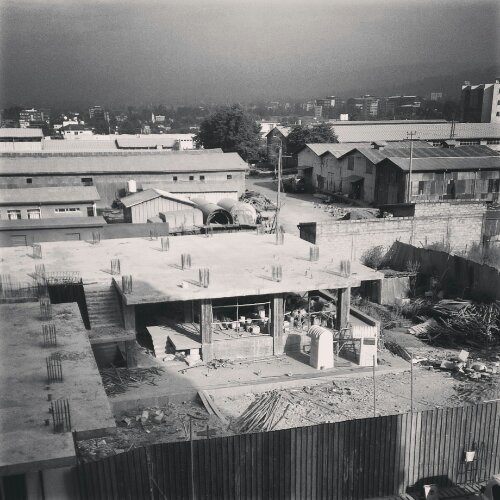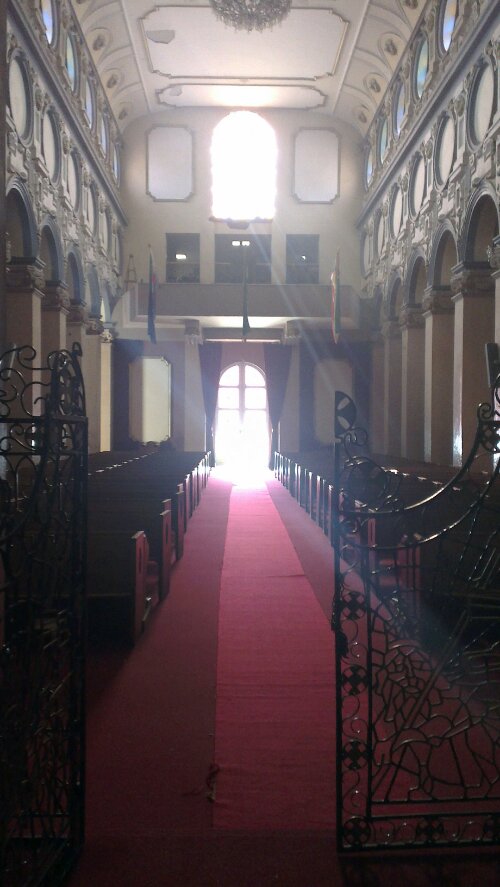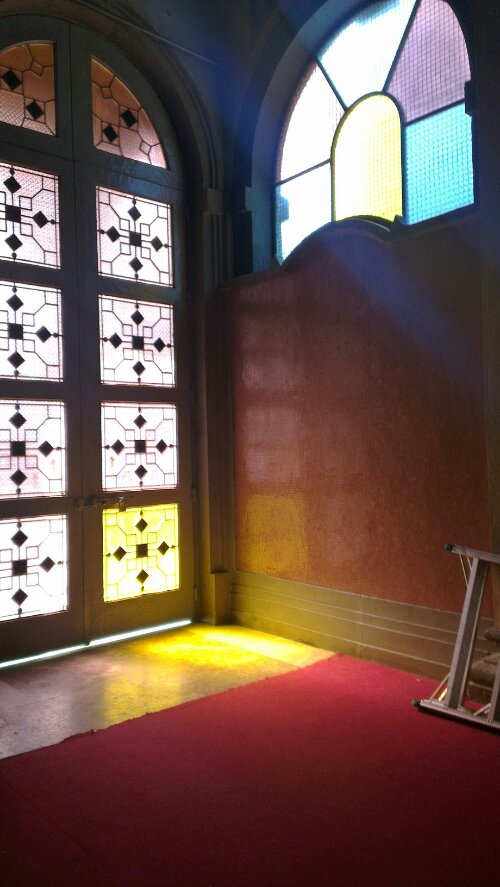Bee wrote this post about Syria and World Vision. I felt a bit bad about it, as she text me afterwards to tell me she cried in a cafe while she wrote it, but as Bee says, optimism is about action. I hope it makes you think.
…
Recently I have pushed myself to be relentlessly optimistic.
I have complained about people putting negative Facebook statuses up about the government and current affairs, educated and researched or not. I have wanted to shut out every piece of horrifying news and walk around with a blind smile on my face to stop myself from falling apart.
But then I realised that optimism and hope isn’t just about faith, it is about action. It isn’t about avoiding difficult issues, it is about tackling them head on, doing anything you can, at least saying something, starting a conversation. So I decided that I should probably say something, because it is Charity Tuesday and if I can get even one person to read and help, then I’ve done something, and if we all just do a little bit and spread awareness then hope becomes change and optimism is no longer something we have to fight for.
In this video, Zeinab is 13 years old. The same age as my little sister, but she seems so much older. I felt like she was older than me, just by the way she spoke about her situation. She had dreams of being an artist. In Syria, she was happy and went to school with her friends. She had everything that you or I would take for granted, from a TV to clothes to a real mattress to sleep on.
After the arrival of ISIS, it was no longer safe for Zeinab to be in Syria. The only way that she could protect herself was by leaving her family behind and going to marry a grown man in Lebanon. She now lives in an informal refugee settlement with only the bare essentials. As the winter draws in, temperatures in Lebanon are dropping to below freezing and water is leaking through Zeinab’s thin tent. The things that Zeinab has had to go through at such a young age are completely unfathomable. I would stop at nothing to make sure that my sister didn’t have to go through the same thing, so I see no reason why we should let thousands of young girls like Zeinab suffer through it either.
It could happen to any of us.
Despite everything, Zeinab remains a strong young woman in the face of adversity and is making the best of things that are happening to her. The most chilling thing about the video for me was that she did not break down once or look upset at all. SHE has relentless optimism. And thanks to World Vision, she has hope for the future as well. When Zeinab arrived at the settlement there was no clean water or sanitation, but World Vision has now built latrines and water tanks to greatly improve Zeinab’s quality of life. World Vision are also providing warm winter coats to the children in the settlement to help them through the winter months.
There is a lot that we SHOULD be doing to help people in the Syrian conflict and there is NO reason why we can’t be doing these things. Even just going to World Vision, seeing more of their work and spreading the word can in turn help young women like Zeinab survive the atrocities folding out before us at this very moment.
People say that humans have destroyed this planet, but I believe that if a small percentage of them can knock it down then the rest of us can work together to build it up bigger and better than before. With optimism, help, support, awareness and whatever else it takes. Because there isn’t a life on this planet that doesn’t matter.
Please consider making a donation now. Just £14 can buy a winter coat, to help one of the two million refugee children living in tents and poor housing to survive the cold conditions.

